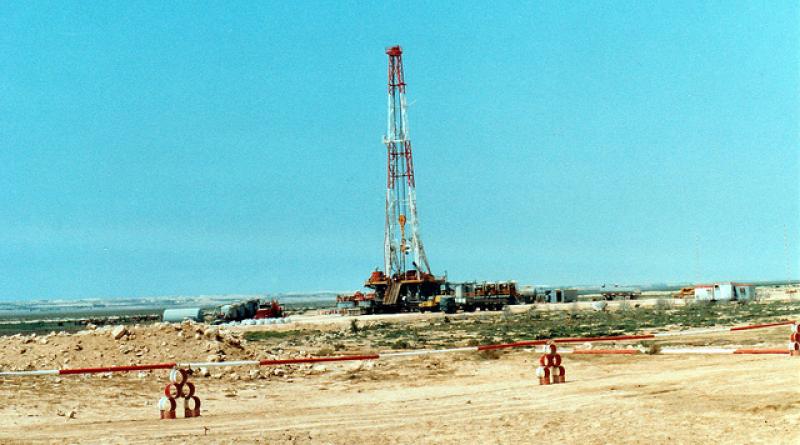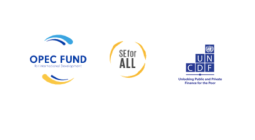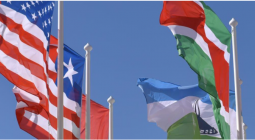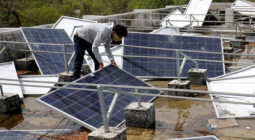Ahead of the COP27 summit scheduled for November, there are fears African governments will use the threat of exploiting fossil fuel reserves to push European nations to keep their promises on climate change, investments and infrastructure.
Documents seen by EURACTIV setting out the ‘African Union’s Common Position on Energy Access and Transition for adoption at COP27’ barely mention renewable energy. Instead, they recommend an “increase in Africa oil production … refining of African oil in African refineries, and pan-African storage and distribution infrastructure” and the “acceleration of ‘regional gas and electricity projects”.
The AU paper, which contends that the continent was ‘disadvantaged’ by last year’s COP26 summit in Glasgow, states that “the way forward is not about choosing between energy resources and systems” and that “fossil fuels, especially natural gas will have to play a crucial role” in the short to medium term.
However, that stance has prompted a concerned reaction from climate change activists and civil society groups. They fear it could be part of a concerted move to backpedal on the continent’s commitment at the Paris COP21 in 2015 to a global temperature increase of 1.5 degrees centigrade and a 50% emissions reduction by 2030 or to use it as a bargaining chip.
African envoys will likely urge the European Union and others to offer generous financing programmes for green technologies and carbon credit schemes. The tactics will also be raised at the African Climate Week in Gabon, which starts on 29 August.
There has long been frustration among African leaders that despite the continent contributing only 4% to global emissions, before the effect of Russia’s invasion of Ukraine on energy supply, they had been encouraged by the EU not to seek to exploit oil and gas reserves.
However, with European countries, in particular, scrambling to find alternatives to Russian gas that will involve increased supplies from Algeria and Mozambique – and potentially Nigeria and Angola – African states go into the Egypt-hosted summit with a position of some strength.
Last week, a European Commission document indicated that the bloc was ready to provide a five-fold increase in its financial support to €15 million. This could finance an African military mission in Mozambique which would seek to protect a gas project led by French major Total from attacks by Islamic terror groups.
According to the International Energy Agency (IEA), most of the African Nationally Determined Contributions (NDCs) to curb emissions and temperature rises contain mitigation and adaptation targets conditional on receiving international financial, technical and capacity-building support.
The IEA states that 48 African countries have requested over US$1.2 trillion of international financial support by 2030 to implement their NDCs. However, only a fraction of that money has been made available so far, with wealthy states failing to meet their $100 billion-a-year pledge to developing nations.
However, the prospect of African states taking an aggressive stance could put summit host Egypt in an awkward position.
Egypt’s Foreign Minister Sameh Shoukry told Bloomberg News last month that the focus of COP27 would be “to raise ambition” on both carbon emissions and climate mitigation projects.
[Edited by Alice Taylor]






